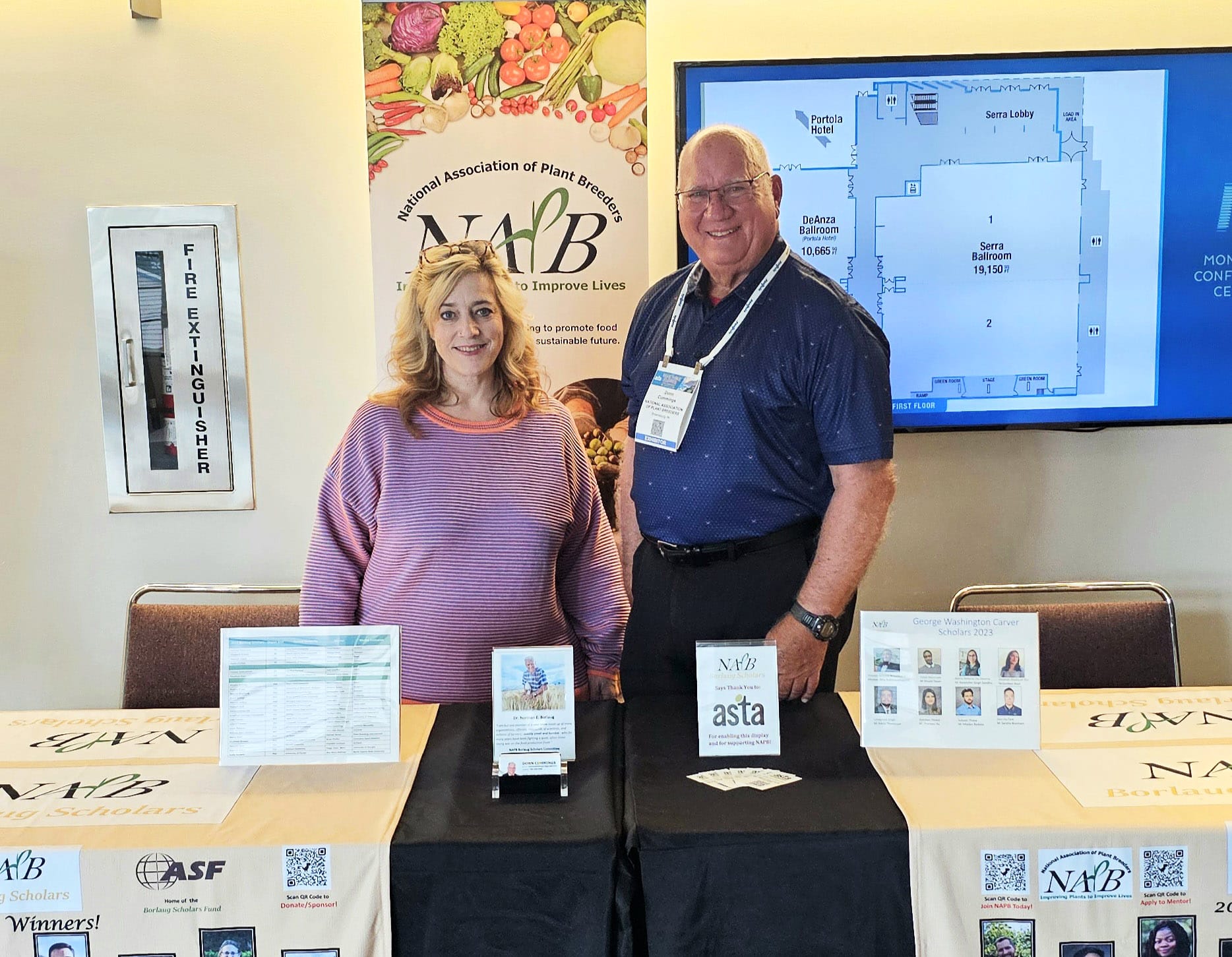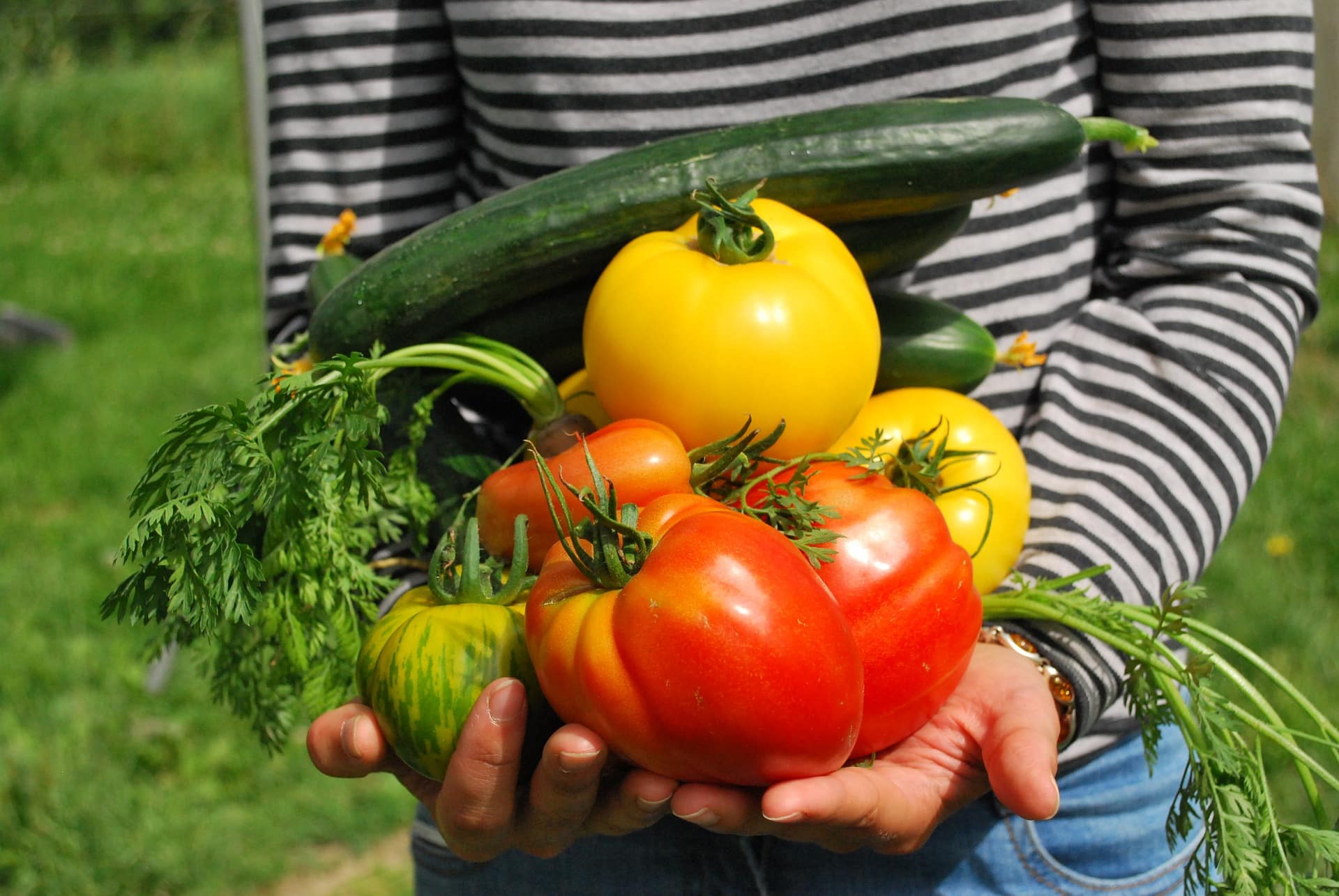The R.F. Baker Center for Plant Breeding at ISU has given a special award for “Extraordinary Service to the Plant Breeding Community” to Dr. Tabare Abadie at Corteva Agriscience. A plaque has been conferred to Tabare today at the 10th annual R. F. Baker Plant Breeding Symposium being held at Iowa State University. This year’s theme is Crop Resiliency: Breeding for a Sustainable Future.
A pioneer in connecting the global plant science sector with up-and-coming young people was awarded this week. Uruguay’s Tabare Abadie, distinguished research laureate at Corteva Agriscience based in Iowa, was awarded today by the Raymond F. Baker Center for Plant Breeding at Iowa State University for his extraordinary service to the plant breeding community.
Specifically, it was his founding of the Corteva Symposia Series that earned him the honors in a ceremony on March 24. Abadie is internationally recognized in the areas of plant breeding and genetic resources, having worked on several species including maize, wheat, barley, rice, cassava and forages.
In an exclusive interview with Seed World, Abadie said he’s honored to receive the award for founding an annual event that takes place with the participation of more than 60 universities and other organizations across five continents.
The Corteva Symposia series started in 2008 at the University of Minnesota as an opportunity to create connections with universities and their students, Abadie told Seed World.
“Rather than simply giving money to universities and leaving them to their own devices, I aimed to generate a space for dialogue between students and the private sector to better understand what students were thinking about their careers and to help them learn more about the industry,” he said.
The symposia series was initially focused on universities in North America but later expanded to Europe, Latin America, Africa and Asia. It is organized by students themselves and is not limited to any specific area, with Corteva providing a speaker on the topic requested by the students.
“My goal in starting the series was to create a brand that has a common purpose across events and to help students understand the needs of the industry they want to work in. It’s grown significantly over the years, and the word is now out there — students want to participate, and many of the annual symposiums held around the world and involving around 70 organizations have become self-sustaining,” Abadie said.
Examples of this are the students at Iowa State University, University of Minnesota, and students in Brazil. The series is kept going by the students every year, and in some cases, they even run elections to decide who will run the symposium the following year, Abadie noted.
The current coordinator of the series is Corteva’s academic relations manager Jason Rauscher, who has a background in education and science.
“As founder, my role has been to provide support, but essentially, my goal is to help him and future coordinators be independent as I prepare for eventual retirement,” Abadie said.
One of the areas that the symposia series is exploring is how to incorporate diversity and reach out to minority-serving schools or schools that might not have access to general communications on science.
The Plant Sciences Symposium has also shifted its focus from plant breeding to other areas related to agriculture in general, such as crop protection, digital agriculture, and CRISPR-based events.
In South America, the adoption of collaborative learning and research through connections with universities abroad has had a significant impact, particularly in Brazil, Abadie notes.
“With many universities located in isolated areas, students and professors in Brazil often felt disconnected from the rest of the world. However, the implementation of collaborative programs like the symposia series has allowed them to connect with other universities across the globe, bringing in speakers and exchanging ideas.”
The program has been so successful that it has led to the formation of organizations like Intergen, which helps to organize workshops and secure funding from universities and the Brazilian government, Abadie added.
“The impact of these collaborations can be seen in the quality of students and researchers from Brazil who have gone on to make significant contributions in their fields. Many Brazilian scientists and researchers have gained recognition and success by building collaborations with universities abroad.”
The success of these collaborations highlights the importance of international connections and collaborations in driving innovation and growth.
“The globalized world we live in today has made it easier for people to connect and exchange knowledge, and this has led to the creation of new ideas and solutions that have had a significant impact on our lives,” Abadie said.
“As we move forward, it is essential to continue to promote and encourage collaboration and exchange of ideas across borders, as this will lead to a better understanding of different cultures and perspectives, as well as drive innovation and growth. The success of Brazil in this regard is a testament to the power of collaboration and the potential for growth that can come from working together.”
For more information on the Corteva Symposia Series and how to get involved, visit corteva.com/our-impact/innovation/symposiaseries.html or follow the event on LinkedIn.













